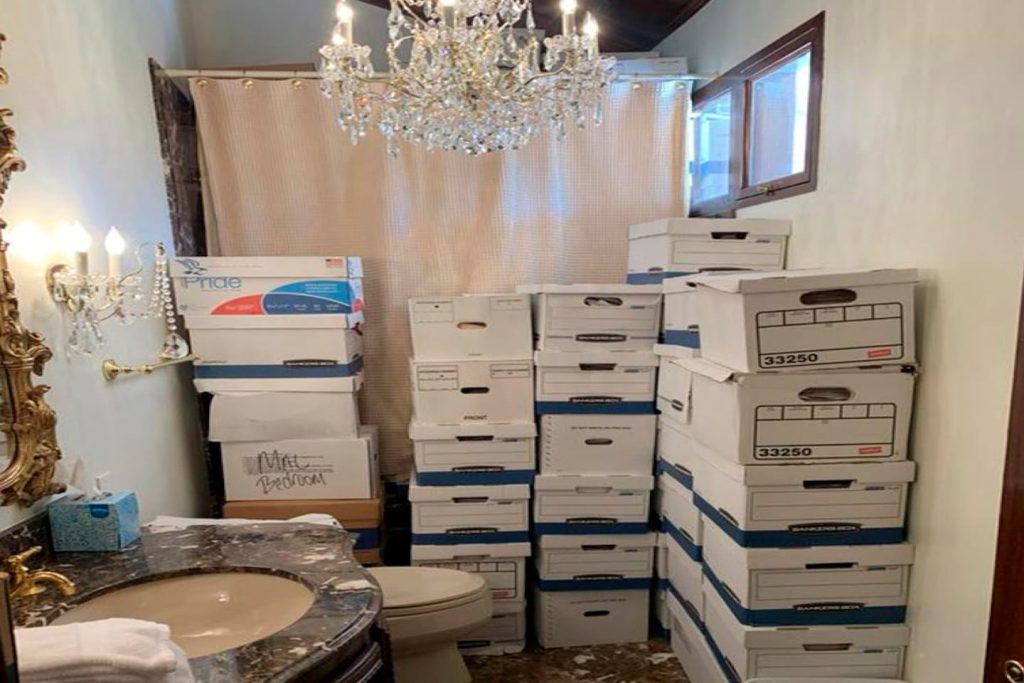Even if Cannon’s ruling is later overturned by a higher court, the decision to dismiss Trump’s charges would add to a series of legal victories for Trump in recent weeks, including a sweeping Supreme Court decision granting former presidents broad immunity for crimes committed while in office.
Trump’s legal team has long considered the documents case to be the strongest of the four criminal cases against him because most of the conduct at issue occurred after he left the White House — and it’s the one they’re most concerned about.
Cannon’s decision comes as Trump prepares to be formally nominated as the Republican presidential candidate in this year’s election and as the Republican National Convention gets underway in Milwaukee on Monday.
A spokesman for Smith did not immediately respond to a request for comment.Cannon, in his lengthy ruling, said the issue of a special counsel is a new one that must be decided before prosecutors can proceed any further.
“After careful consideration of the fundamental issues raised in the motion, the Court is convinced that Special Counsel Smith’s prosecution of this case violates two structural foundations of our constitutional system: Congress’ role in appointing constitutional offices and Congress’ role in authorizing statutory expenditures,” Judge Cannon concluded in his 93-page order.
The legal theory that Smith was illegally appointed and funded has generally been considered weak, and Trump’s lawyers did not adopt it in court until conservative legal groups argued it.
The former president’s lawyers did not reject a similar request, even though Attorney General Merrick Garland appointed Smith to handle Trump’s federal election interference lawsuit in Washington, D.C., as well as the Florida case.
But earlier this month, Supreme Court Justice Clarence Thomas ruled in his presidential immunity case that the special counsel’s office must be created by Congress, and Smith said It required Senate approval.
Justice Thomas asked the lower courts to look into the issue. He wrote that he added his concurring opinion in the immunity ruling “to highlight other ways in which this prosecution may violate our constitutional structure.”
This is a developing story and will be updated.


